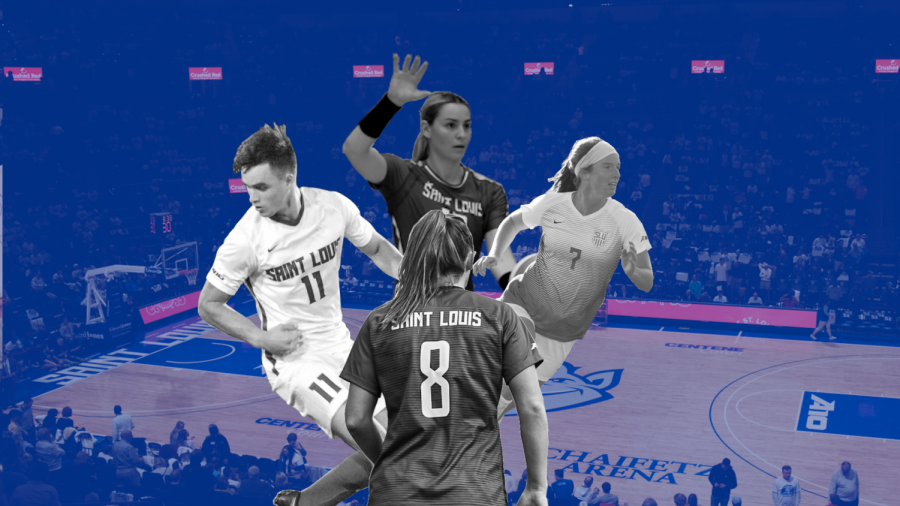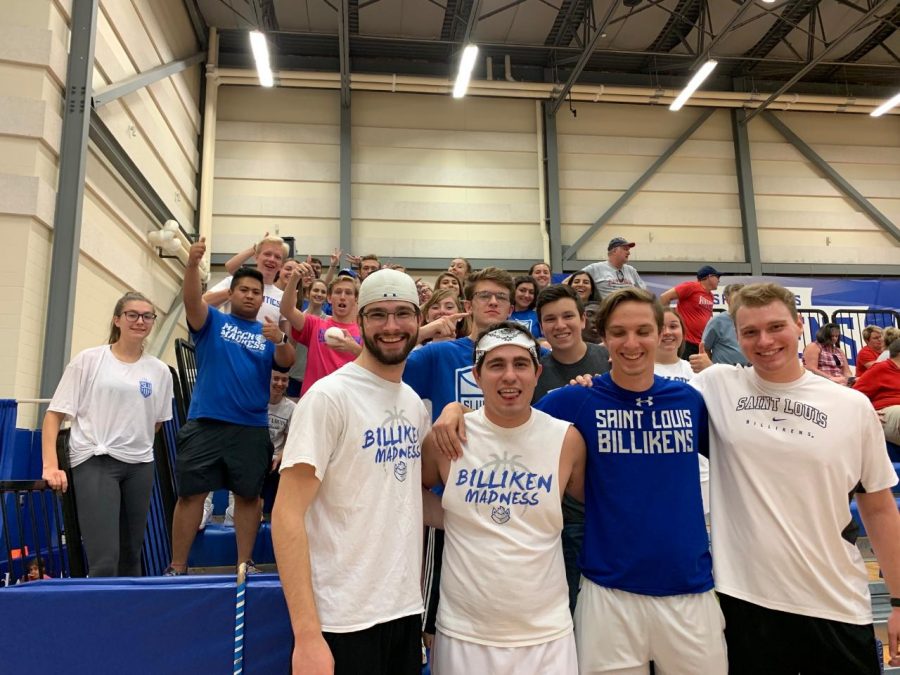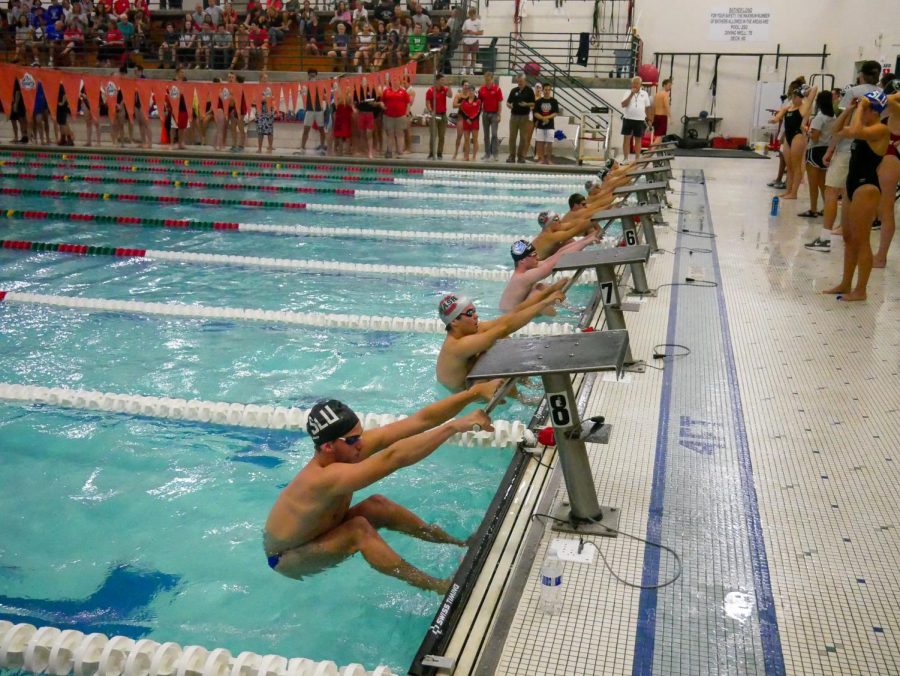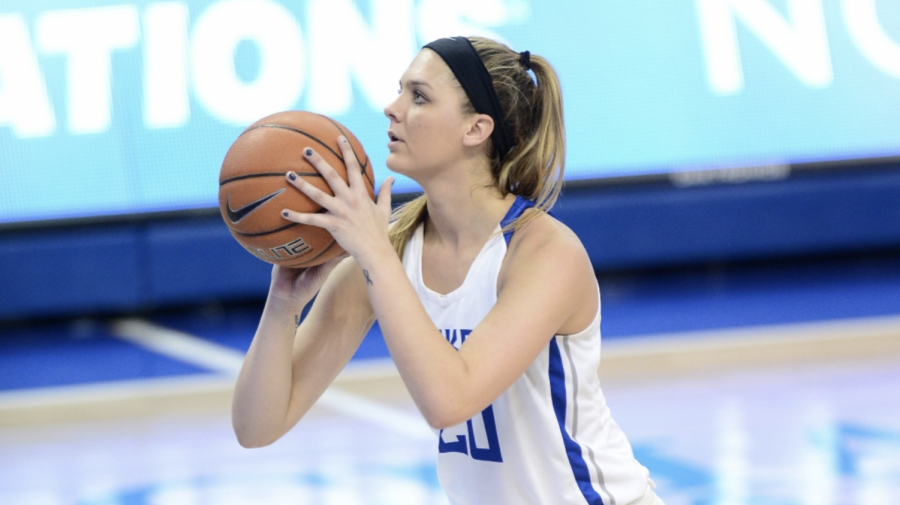Under Commissioner David Stern, the NBA has evolved into America’s third most popular professional sports league, behind the NFL and MLB. The NBA has greatly expanded their reach into foreign countries, most aggressively in China, and the league has added 10 new teams since Stern took over. More recently, he has instituted a player dress code and just this summer addressed the problem of flopping by instituting a series of fines and warnings for players found flopping. There is no dispute that under Stern the NBA has increased its stature and fan base and expanded its reach throughout the world. Not everything has been so great, however, in Emperor Stern’s kingdom.
On Nov. 29, the San Antonio Spurs played the Miami Heat on TNT. No big deal, right? It was just a Thursday night regular season game in November. Except for one minor detail: Greg Popovich, coach of the Spurs, sent home the Spurs’ four best players, Tim Duncan, Tony Parker, Manu Ginobili and Danny Green, to get rest before their game against Western Conference rival Memphis Grizzlies on Dec. 1. Upon hearing the news, David Stern sent out a strongly-worded message that apologized for the Spurs’ actions and threatened that “significant sanctions” would be forthcoming; those significant sanctions came in the form of a $250,000 fine.
Many sportswriters have weighed in on both sides of this controversy; however, the main issue is that Stern is instructing a team on how to play its members while giving them a schedule that forces an old team like the Spurs to rest its stars. This game was the fourth game in five nights for the Spurs, who were finishing up their second long road trip of the young season. Meanwhile, the Heat, a decidedly younger team, was playing its third game in two weeks. After the game, ESPN personality Skip Bayless declared that the NBA was setting the Spurs up to fail because the NBA can’t market the style of play that defines the Spurs.
There is evidence to support this argument, considering the Spurs did this same thing twice last season, once in February and again in April without any backlash. In addition, the four finals that the Spurs have played in the last 20 years have been some of the lowest-rated during the Stern era. There is also the fact that many teams tank at the end of the season to try and get more pingpong balls in the draft lottery and no one says anything about that.
These points are interesting counter-arguments to Stern’s main argument that the Spurs did a disservice to the fans at the game by sending home their stars. I am 100 percent convinced that there were less than 20 people who came just to see the Spurs play that game. The fans that show up to Heat games don’t go to see anyone else beside LeBron James and Dwayne Wade. No one went to the game solely to see a team whose best player is nicknamed Tim “The Big Fundamental” Duncan.
On Nov. 30, during the Lakers-Nuggets game on ESPN, commentator Jeff Van Gundy weighed in, saying that if the NBA really cared about putting the best product on the floor for nationally-televised games, they wouldn’t make teams play the day before such games so that each team was rested and ready to play.
With this decision, Stern showed that although he says he cares about the fans and their experience, he really is only concerned with money and his own power to control the teams in his league.
This isn’t the only recent major decision that has had NBA fans questioning what Stern was doing. Last year, the Lakers, Hornets and Rockets worked out a three-team trade that would have sent Chris Paul to the Los Angeles Lakers, Pau Gasol to Houston and Lamar Odom, Kevin Martin, Luis Scola, Goran Dragic and a first-round pick to New Orleans.
The NBA, which owned the Hornets at the time, blocked the trade for what they claimed were “basketball” reasons.
Most people agree that it was because some owners were upset that the Lakers were about to acquire another star player, which is what the new salary cap was supposed to prevent.
The Hornets eventually traded Paul to the Clippers for the oft-injured Eric Gordon, Chris Kaman and his expiring contract, Al-Farouq Amino and a first-round pick. Apparently the league decided that for “basketball” reasons they would accept the far less appealing deal for the Hornets, who subsequently won the No. 1 pick in the draft right after the new owner, a friend of Stern, officially took over the team.
There is no doubt Stern has done wonders for the league. He has shaped the league into a global brand and brought in a lot of money for the league.
However, these two recent major decisions, along with some other blemishes that include four lockouts, stealing the Seattle Supersonics from Seattle and the Tim Donaghy scandal, have shown that he has overstayed his welcome and should have stepped down years ago.
February 2014 can’t come soon enough.















